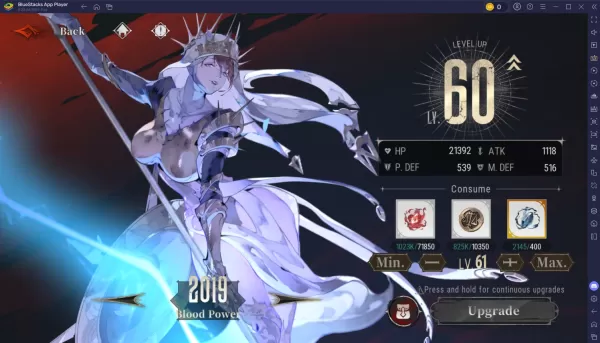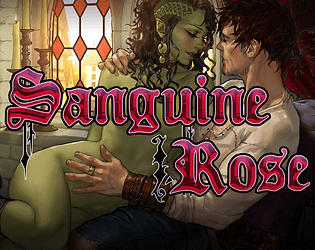This extensive interview with Andrew Hulshult, a prominent video game composer, delves into his career, creative process, and musical influences. It covers his work on various titles, including Rise of the Triad: 2013, Bombshell, Nightmare Reaper, Prodeus, Amid Evil, and his contributions to the DOOM Eternal DLC. Hulshult discusses his evolution as a musician, the challenges and misconceptions surrounding video game music, and his unique approach to blending metal and other genres within game soundtracks. He also shares anecdotes about his collaborations, creative process, and the impact of personal experiences on his work. The interview further explores his gear preferences (guitars, amps, pedals), his daily routine, and his thoughts on other artists and bands, both within and outside the video game industry. Finally, he speculates on future projects and reveals his personal preferences for coffee.
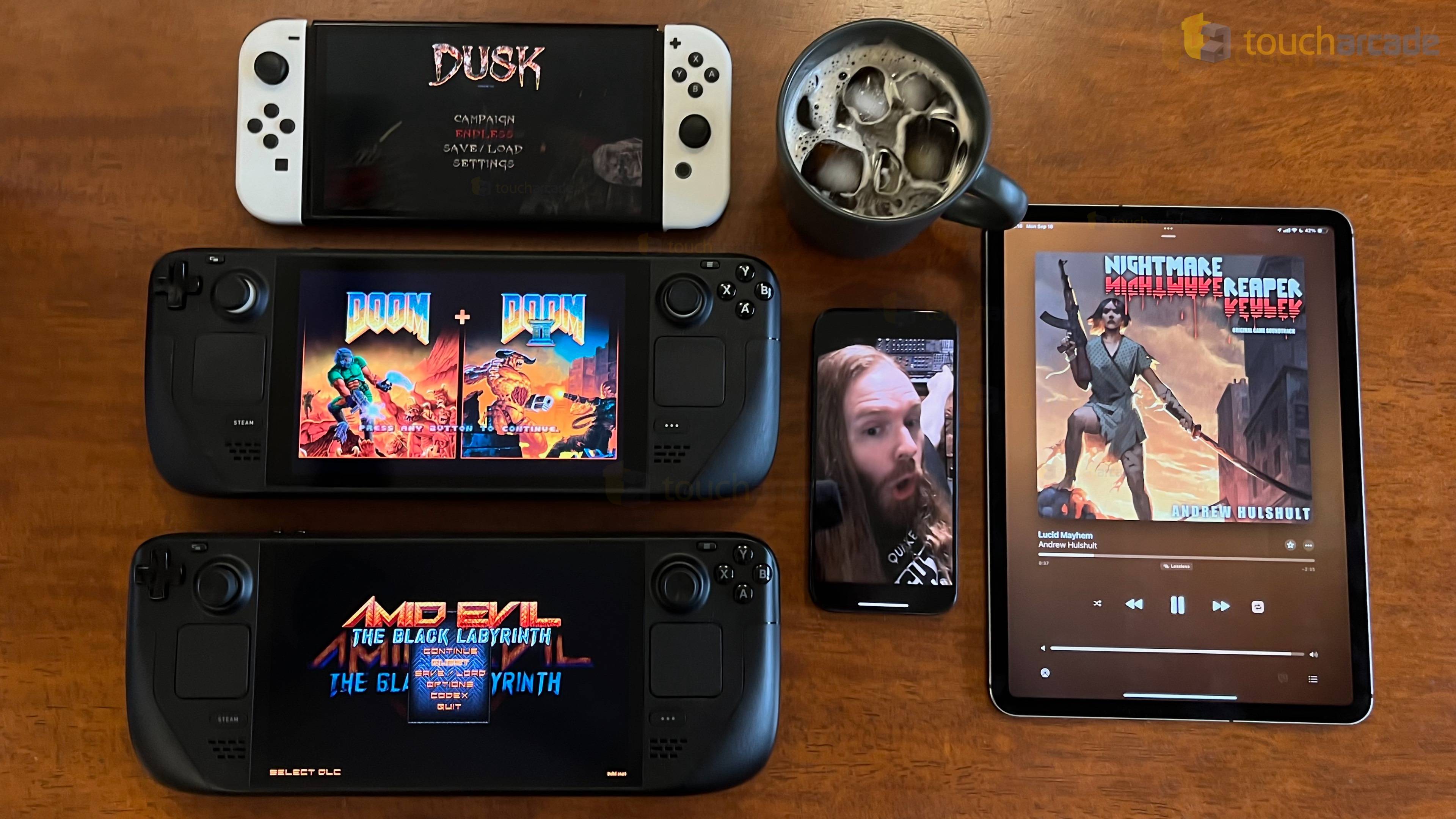
TouchArcade (TA): Briefly introduce yourself and your work.
Andrew Hulshult (AH): I'm Andrew Hulshult, a composer and sound designer primarily for video games, but increasingly for film. I also compose personal music. My work spans sound design, soundtracks, and occasionally voice acting.
TA: How did you become involved with the canceled Duke Nukem project and Rise of the Triad: 2013?
AH: My involvement with Duke Nukem 3D Reloaded (around 2010) began through Frederik Schreiber of 3D Realms. He was remaking maps in Unreal Engine 3 and I offered my music services. This led to Apogee (Terry Nagy) and Dave Oshry approaching us for Rise of the Triad: 2013.
TA: You've worked on significant titles like DOOM Eternal DLC. How has your approach to music and your professional life evolved?
AH: Initially, navigating the industry was a steep learning curve, financially and contractually. The focus was on creating amazing art, but learning to secure fair compensation was crucial to avoid burnout. After nearly leaving the industry, I realized the demand for my work, leading to opportunities with DUSK, Amid Evil, and others. It's been a constant learning process.
TA: What's the biggest misconception about video game music?
AH: That it's easy and a minor component. It requires significant artistic skill, understanding the game's atmosphere, and the social confidence to advocate for your creative vision.
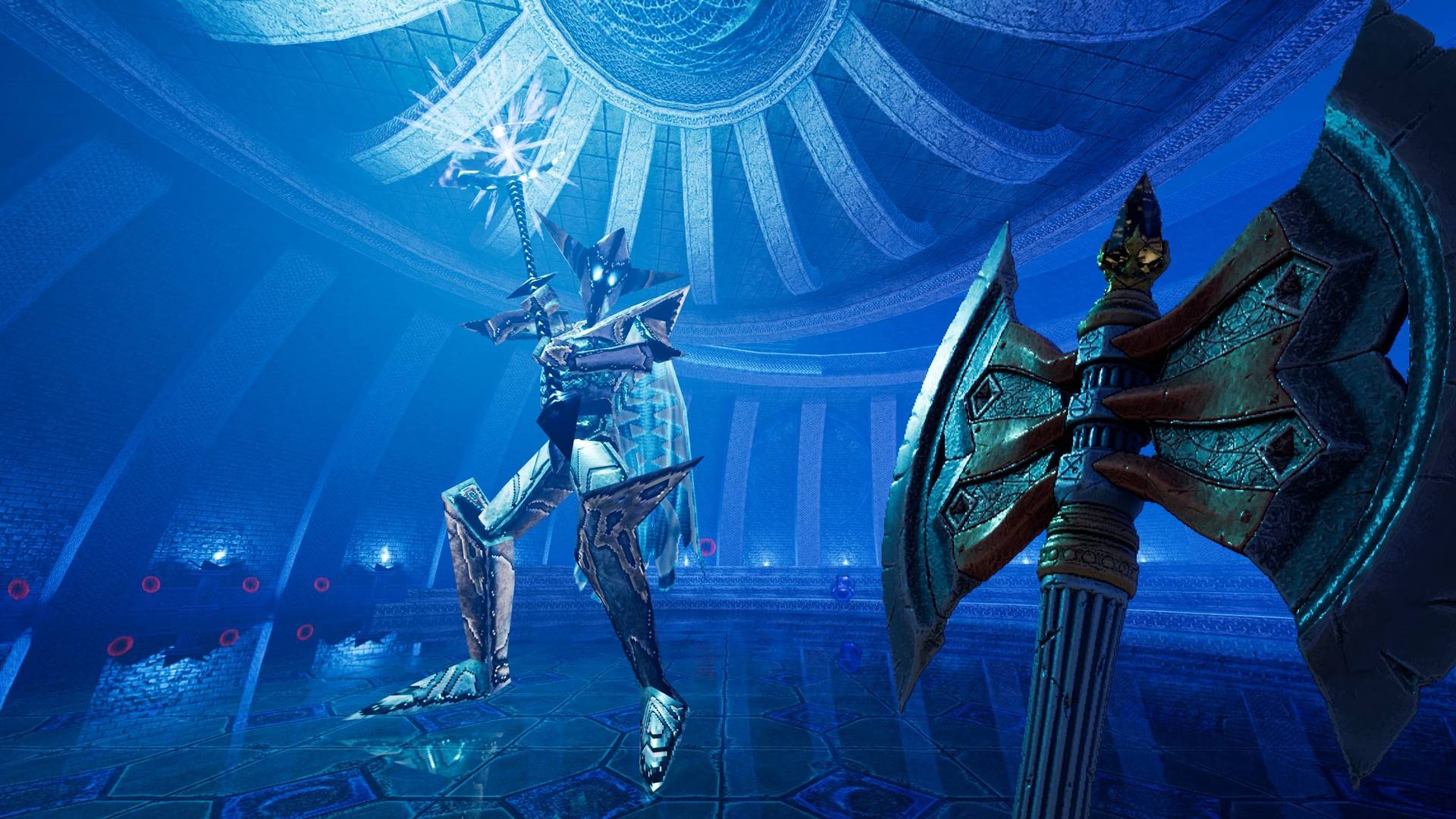
TA: Discuss your approach to the Rise of the Triad: 2013 soundtrack.
AH: Respecting Lee Jackson's legacy was paramount. We opted for a rock/metal style, reflecting the game's tone. The process involved experimentation, feedback (including Terry Nagy's memorable "diarrhea of sound" comment), and balancing personal style with the source material.
TA: Bombshell and Nightmare Reaper feel like metal albums. Did you realize you were excelling at incorporating metal into games?
AH: Around that time, I was experimenting with heavier sounds, particularly with an 8-string guitar. Bombshell and Nightmare Reaper show a shift towards more original compositions, showcasing my style.
TA: Did you fear being typecast as "the metal guy"?
AH: Yes, that concern remains. I strive for variety, blending different instruments and styles to avoid limitations.
TA: Your work on the Amid Evil DLC coincided with a family emergency. How did that affect the music?
AH: My father's heart attack and subsequent surgery during the DLC's creation deeply influenced the music. It became an emotional outlet during a difficult time.
TA: Amid Evil's "Splitting Time" evokes Killer Instinct. Was that intentional?
AH: Not directly, but Mick Gordon's Killer Instinct soundtrack was inspiring, influencing my production techniques.
TA: Dave Oshry's tweet about Nightmare Reaper being a "metal record" is noteworthy. How did that collaboration come about?
AH: Bruno, the developer, wanted a straight-up metal album from me. We balanced that with the need for dynamic game music.
TA: How do you create dynamic game soundtracks?
AH: By considering the game's pacing, creating contrasting tracks (ambient, low-energy, high-energy), and ensuring smooth transitions between them.
TA: Discuss your favorite Prodeus track and an interesting anecdote.
AH: "Cables and Chaos" is my favorite. The soundtrack's creation spanned pre- and post-pandemic periods, resulting in a shift in tone. "Spent Fuel" stands out for its use of real-world sound design elements related to radiation.
TA: What was it like working on the Iron Lung soundtrack with Markiplier?
AH: Composing for film is vastly different from games. Collaborating with Markiplier was a joy; his insights were invaluable. The budget allowed for a larger volume of music and on-set composition.
TA: Was Dusk 82 your first chiptune project?
AH: Yes, it was a fun challenge, working within the limitations of chiptune technology.
TA: Would you chiptune-remaster any of your albums?
AH: Possibly Amid Evil, as its complexity would make for an interesting chiptune adaptation.
TA: About remastering older soundtracks...
AH: It's labor-intensive; I'd remaster Rise of the Triad: 2013 if Apogee commissioned it.
TA: Discuss the WRATH: Aeon of Ruin soundtrack.
AH: There were initial creative differences with the developer, but we found common ground. The development challenges affected the process.
TA: How did you feel about working on the official DOOM music after IDKFA?
AH: It was surreal, going from a fan project to official work. The collaboration with id Software was excellent.
TA: "Blood Swamps" is incredibly popular, yet unavailable for legal purchase. Your thoughts?
AH: Bethesda and id own the rights; I'm fine with that. I hope for an official release someday.
TA: The creative process behind "Blood Swamps"?
AH: id Software encouraged me to go wild. It was a high-energy composition, drawing inspiration from previous DOOM soundtracks while pushing boundaries.
TA: The IDKFA remaster and the DOOM II soundtrack...
AH: Remastering IDKFA focused on preservation and improving the mix. The DOOM II soundtrack aimed for a fresh, contemporary sound.
TA: Your thoughts on the influence of bands like Pantera on the DOOM soundtrack?
AH: There are clear thrash metal influences, reflecting the game's development environment.
TA: Your "unsung" favorite track?
AH: "Splitting Time" from the Amid Evil DLC; it represents a shift in my artistic approach.
TA: Your current guitar setup?
AH: Primarily Caparison 7 and 8-string guitars with Seymour Duncan pickups, using Neural DSP plugins and occasionally pedals.
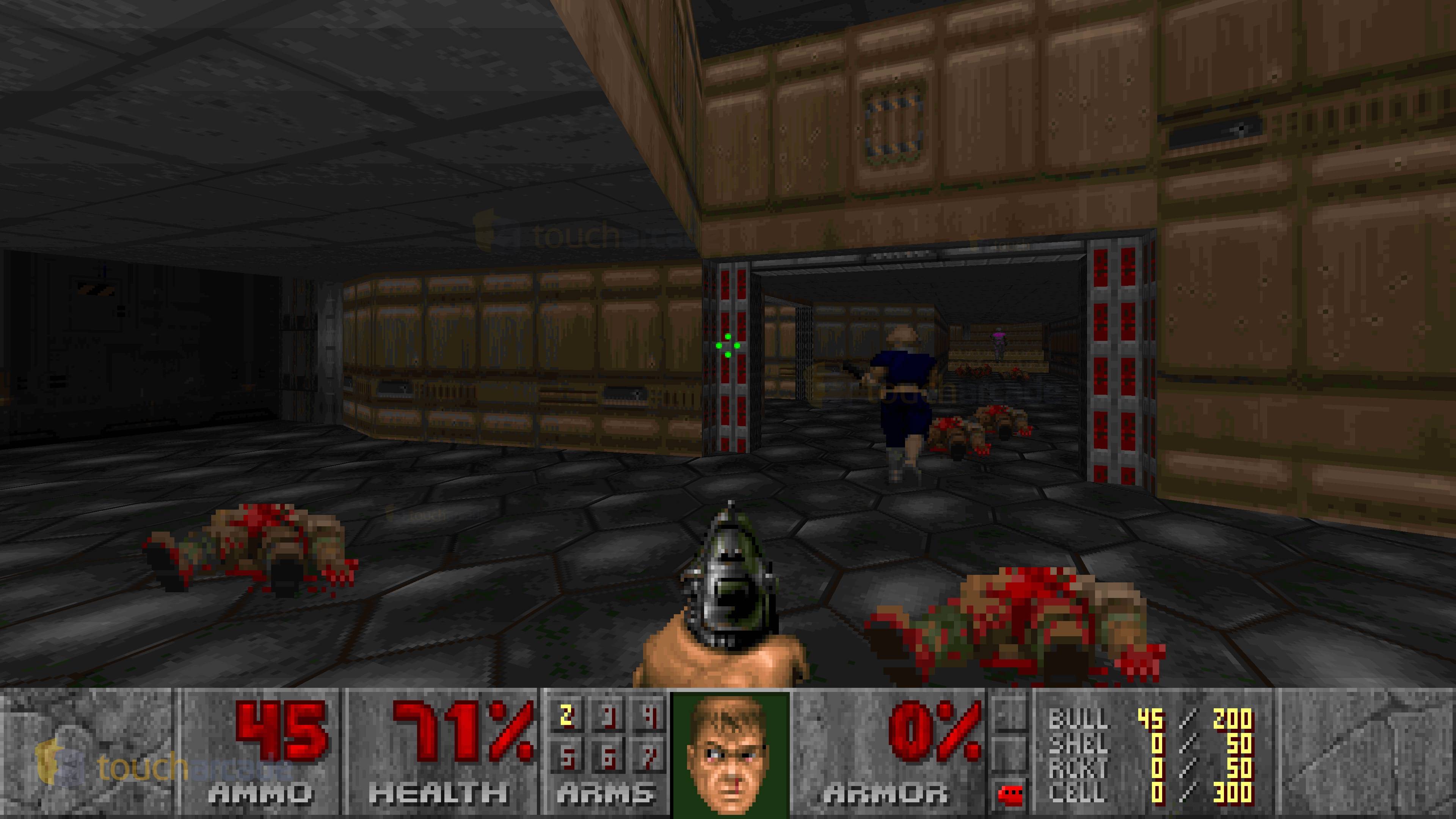
TA: String gauges and amps?
AH: Various gauges depending on the guitar; currently uses Neural DSP Quad Cortex with Seymour Duncan power stages and Engel cabinets.
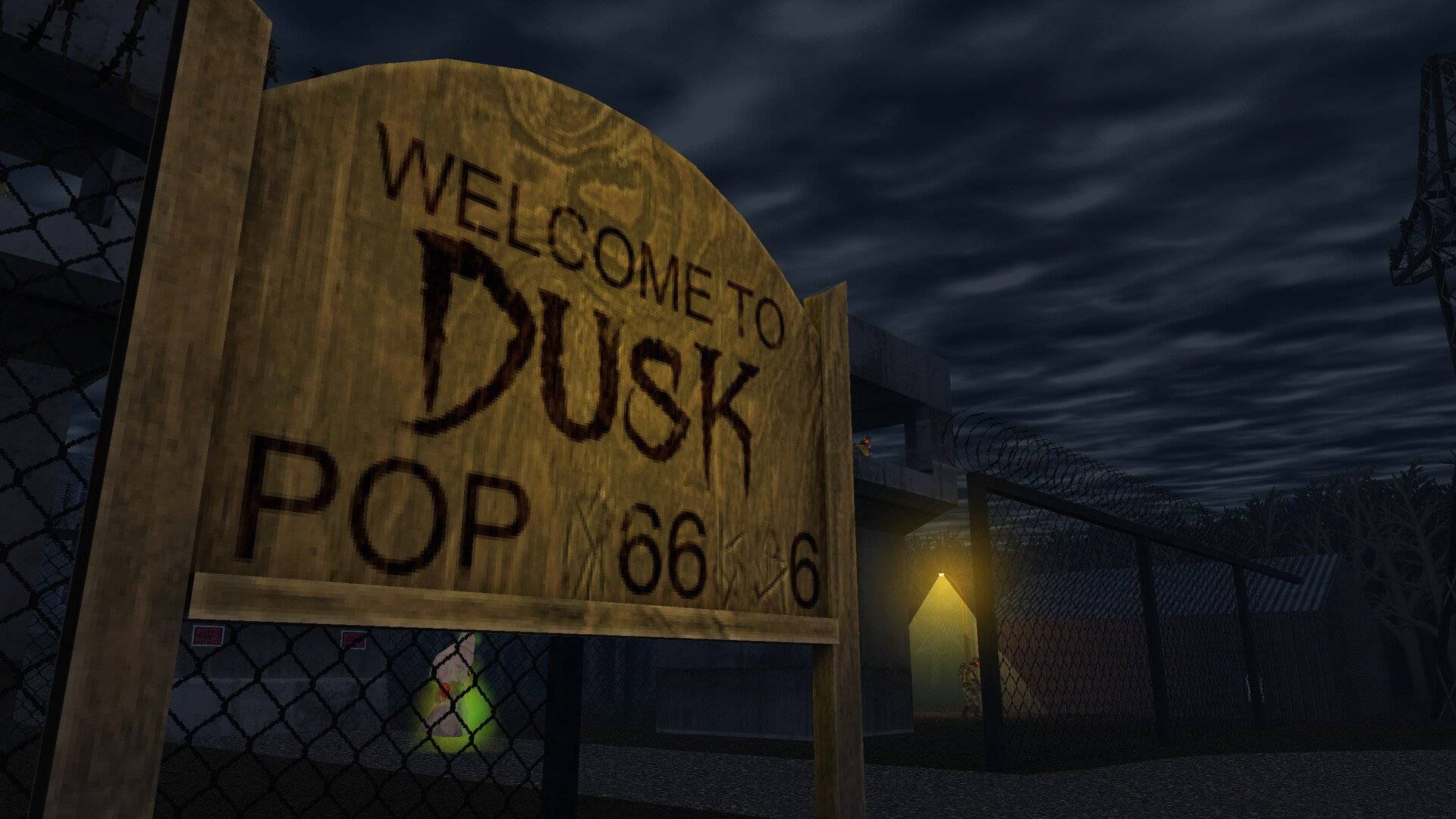
TA: Your daily routine?
AH: Prioritizes sleep, a morning routine including coffee and whiteboard planning, and incorporates regular cardio.
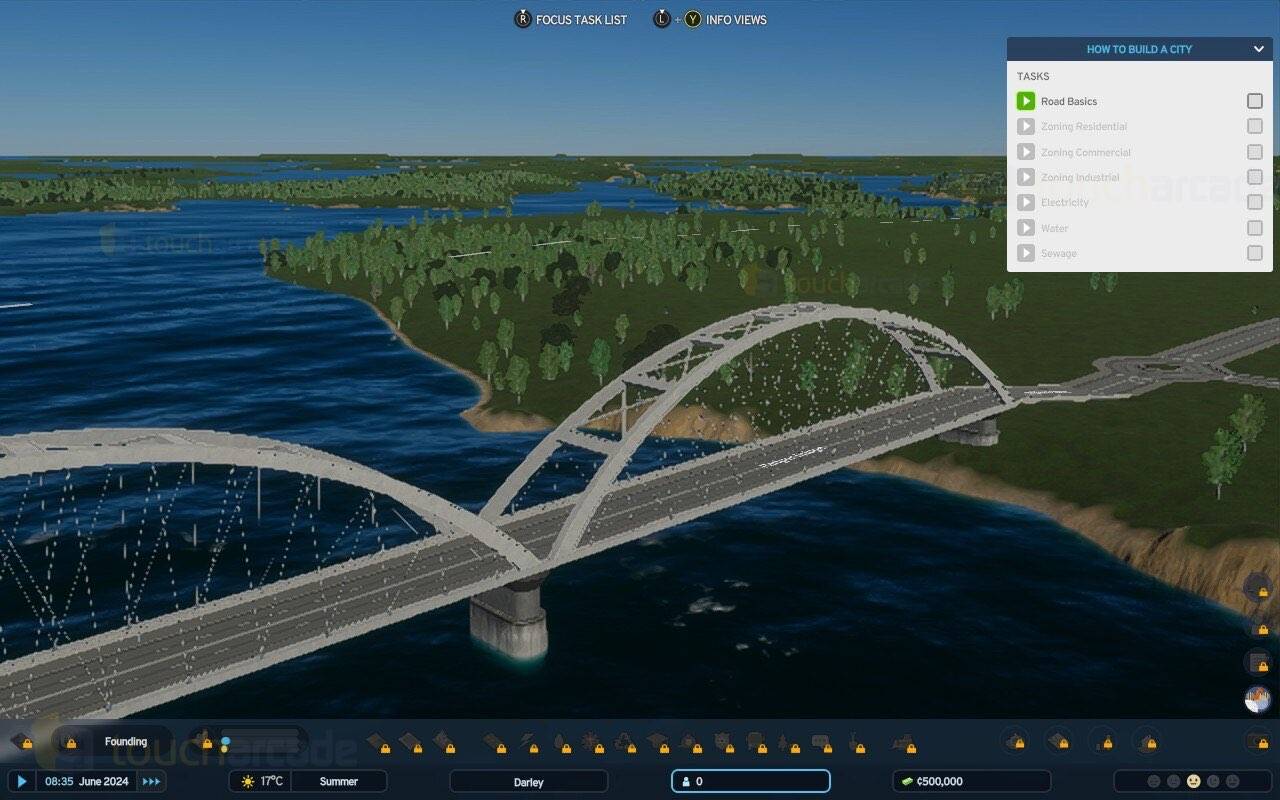
TA: Thoughts on Cities: Skylines 2 and Hunt: Showdown?
AH: Cities: Skylines 2 needs more refinement; still enjoys Hunt: Showdown with friends.
TA: Favorite bands and artists?
AH: Gojira, Metallica, and Jesper Kyd.
TA: Dream game and movie soundtrack projects?
AH: A Duke Nukem game or Minecraft, and Man on Fire or American Gangster.
TA: Thoughts on recent Metallica albums?
AH: While not reaching the heights of their earlier work, he still finds enjoyable elements in their newer releases.
TA: Most random piece of music memorabilia?
AH: A Great Southern Trendkill vinyl and a tour plaque from a friend who worked with Pantera.
TA: Your coffee preference?
AH: Cold brew black.


